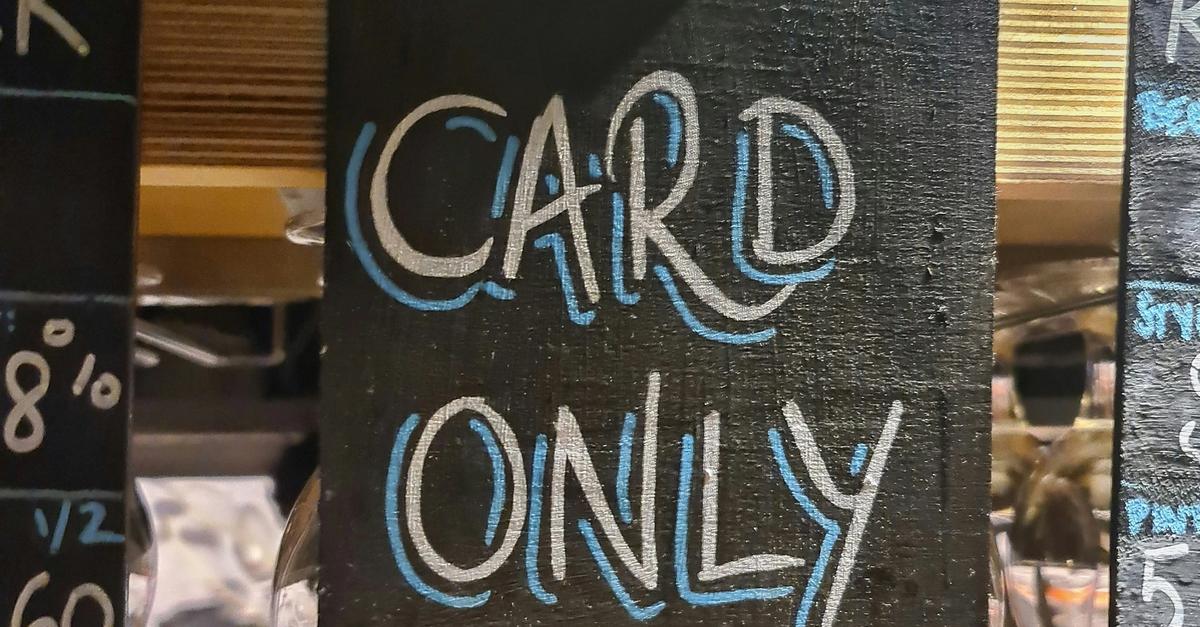Share
How to Avoid Interest Payments


When’s The Best Time To Pay Your Credit Card Bill Each Month?
The best time to pay down your credit card bill each month could really vary depending on when it comes due every month and how frequently you have reoccurring charges. However, if you’re looking to avoid interest payments, your best is going to be paying the statement balance (in full) by its due date.
Avoiding Interest Payments
In order to avoid interest payments, you'll want to pay off the statement balance at the end of your billing cycle. You have up until the end of the grace period to knock out the statement balance. Otherwise, if you don’t, you’ll be charged daily interest on the remaining balance. And yes, credit card interest is charged daily, so you will be getting charged interest every single day you chose to maintain a balance.
Grace Period
The grace period is typically a couple weeks waiting period in between when the statement balance is calculated and when the credit card bill comes due each month. As long as you pay off your statement balance in full within this “window”, you will be able to avoid interest payments altogether. The grace period was initially born because consumers needed time for their payments to be processed, mailed out, etc., so that payments would reach the credit card company in time for the due date. It was meant to be a "period of grace" to get your payment in on time. Although most payments nowadays get credited nearly instantly, the grace period has still remained the same for most companies. The grace period started as a courtesy from credit card companies and was never changed since its initial proposal.
Statement Balance vs. Current Balance
Statement Balance
The Statement balance is the portion of the balance that is due for any given statement period. In other words, this is the bill that is due for any given month. You are technically only liable for the statement balance on or before the due date. As long as you pay the statement balance you will have paid your bill off in full. Any subsequent charges after the due date will pass on to the next billing cycle. If you pay off the statement balance in full each and every month, you will not be charged any subsequent interest payments.
Current Balance
The current balance for a credit card account is what we would consider the “full balance” for any given point in time. The current balance can often times be a higher amount than the statement balance since it includes all charges up to date. You can pay down the current balance any which way you like. Some consumers like to pay it piece by piece throughout the course of the month and other likes to knock it all out towards the end of the billing cycle. Either way, remember that its’ only the statement balance that you need to pay off by the due date, everything else is extra for what you are required to do.
Spending Within Your Means
It should go without saying, you can avoid interest payments by spending within your means however that might not always be enough. Anytime we go over budget and carry a balance we are being charged a lot of money in interest. And paying money in interest is basically just wasting money for the most part. Better budgeting habits will also help us avoid interest, get a better grasp on our finances and make us likely to fall off budget.
Pre-Payment on Non-Credit Card Debts
Anyone with extra available cash that would like to pay down debt early and avoid interest can look towards eliminating any debt obligations they have that currently charge interest. This is most likely going to include mortgages, auto loans, personal loans, etc. Anything in particular that has a balance and is charging interest can be paid off early. Just check to make sure you aren’t charged any pre-payment penalties and check to see how much of your payment is being applied towards the principal, as opposed to the balances. Additional payments on mortgages can save thousands in interest payments off the life of the loan and they can do a great deal in helping you pay off your mortgage early. Even if it’s just one extra mortgage payment a year, it’s one extra payment that is accelerating your payoff and therefore saving your money on interest in the long term. That’s nothing to squawk at!
Wasting Money on Interest
It's not always easy to decide how to handle debt within our daily lives. It’s understandable if you have to pay interest because you’re in a bind or strapped for the cash. However, if you have the cash set aside and you’re not utilizing the money, consider putting money towards your debt obligations so you can stop wasting money on interest payments. Your future self will thank you for it and your finances will be all the better for it. Everything is a matter of personal preference, but one thing is for sure, the less interest you pay the better!